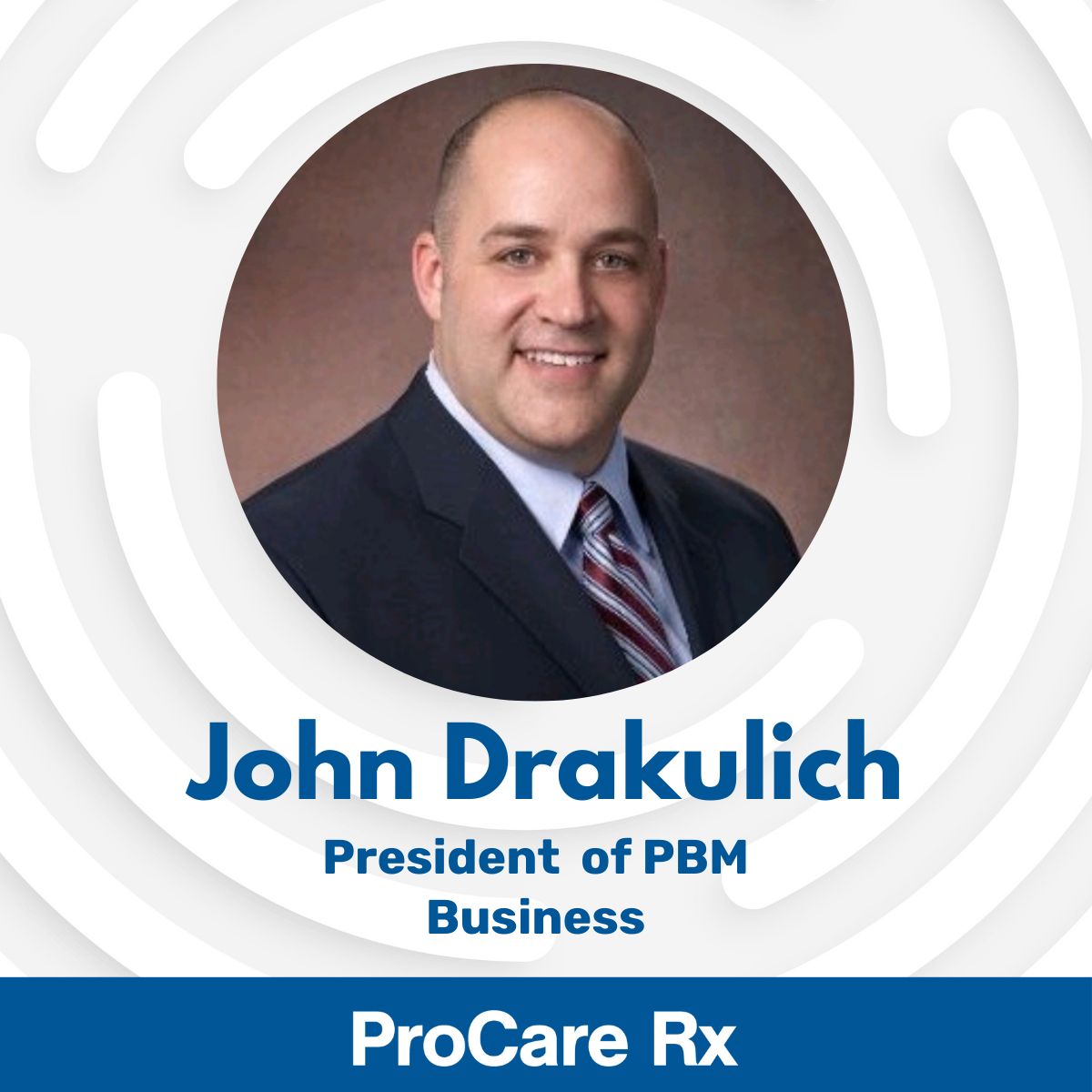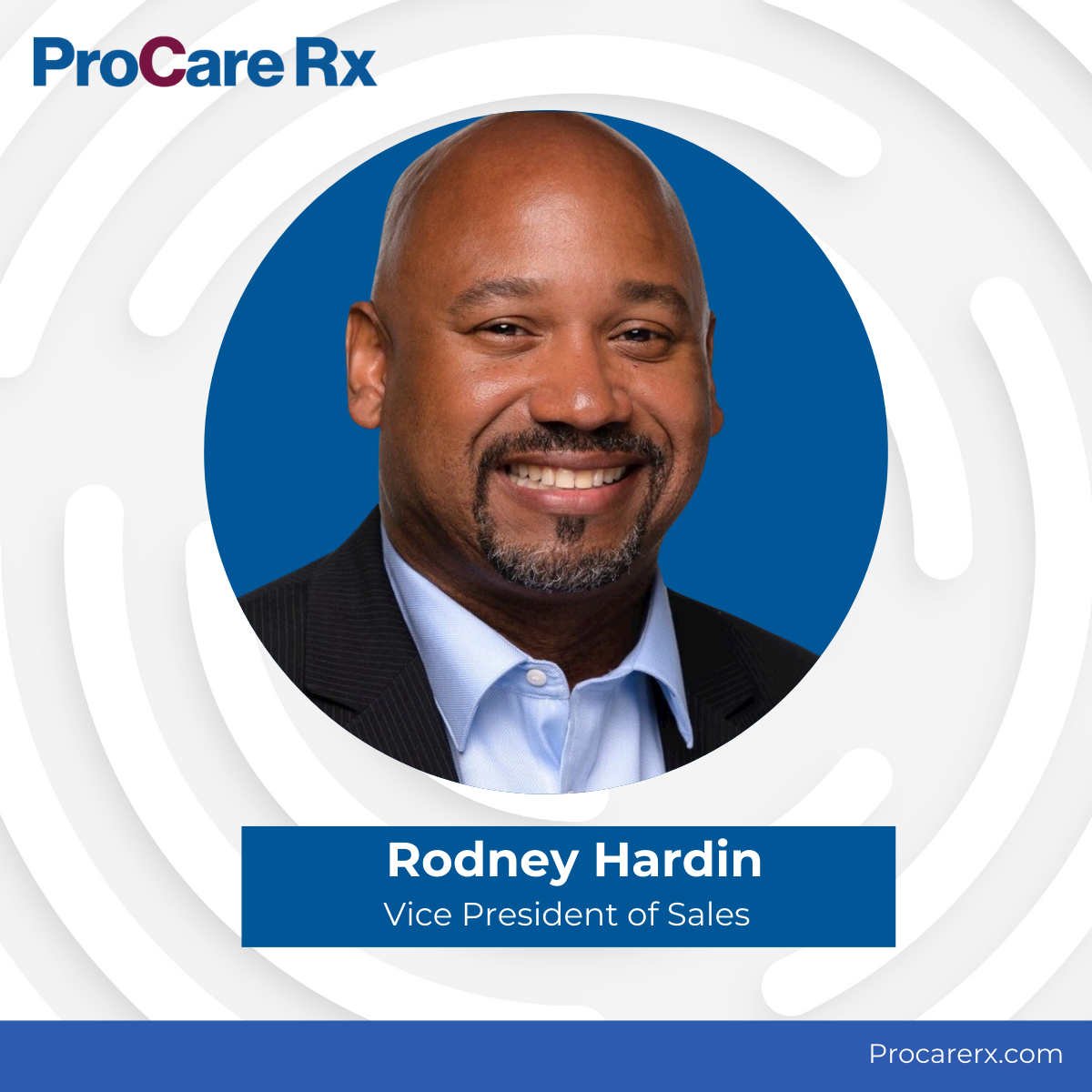Understanding the “Most Favored Nation” Drug Pricing Rule
Understanding the “Most Favored Nation” Drug Pricing Rule
A new executive order from former President Trump is once again putting the spotlight on drug pricing in the U.S. The order calls for the U.S. to adopt a “most favored nation” (MFN) policy on prescription drugs—a move that ties what Medicare pays for certain drugs to the lowest price paid by other developed countries.
This idea isn’t brand new. It was first introduced during Trump’s time in office and has now been reissued. The goal is clear: to lower out-of-pocket drug costs for Americans by linking U.S. drug prices to those in other countries.
But what does this mean for patients, providers, and the pharmacy benefit industry?
Let’s break it down—starting with the basics.
What Is the “Most Favored Nation” Rule?
Under this order, Medicare would not pay more for select prescription drugs than the lowest price paid in other comparable countries. This approach aims to prevent Americans from paying more than people in places like Canada, France, or the U.K. for the same medication.
The rule would start with certain high-cost drugs, especially those administered in a doctor’s office or hospital (like infusions or specialty medications), with room to expand over time.
Potential Pros:
Lower Prices for Patients
Tying prices to international benchmarks could lead to significant savings for Medicare and for seniors who rely on these drugs.
Pressure on Drug Manufacturers
It may push pharmaceutical companies to rethink how they price drugs in the U.S., helping to bring down costs long-term.
Cost Transparency
The approach could make it easier for the public to see how U.S. prices stack up globally, driving more informed conversations about drug pricing reform.
Potential Cons:
Access Risks
Some worry that drug manufacturers might limit the supply of certain medications to avoid the lower reimbursement rates, which could create access issues.
Innovation Concerns
There’s debate over whether international reference pricing could reduce the funds available for future drug research and development.
Implementation Complexity
Tying U.S. payments to prices in other countries sounds simple—but the reality of setting, tracking, and updating those prices is anything but.
The ProCare Rx Perspective: Guided by Our Standards
At ProCare Rx, our approach to drug pricing and benefit management is grounded in our 7 PBM Standards. These principles reflect our commitment to clarity, accountability, and value for our clients and their members:
1. Direct-Source PBM
We own our claims processing system, pharmacy network, and rebate contracts—ensuring full control and alignment with client goals.
2. Lowest Net Cost Philosophy
We always prioritize efficacy and patient care while driving the lowest total cost for plans.
3. Pass-Through Pricing
There are no drug mark-ups or hidden spreads. Our evergreen contracts guarantee pass-through and lowest price models with audit rights built in.
4. Access to Data
Clients can take control by reviewing invoices with claim-level detail—true visibility into what’s being paid and why.
5. Data Driven Technology & Functionality
Our technology enables complex benefit design changes in minutes and supports real-time issue resolution at the pharmacy counter.
6. Honesty
We provide same-day, same-drug claim analysis, ensuring decisions are based on facts, not assumptions.
7. Integrity
Everything we do is built for auditability and tangible proof—supporting our transparent pass-through pricing commitments.
Final Thoughts
The “most favored nation” policy has potential to shake up how drug pricing works in this country. Whether that change is for better or worse will depend on how it's implemented—and whether all stakeholders, including patients, providers, and payers, have a voice in the process.
As always, ProCare Rx remains committed to advocating for smart, patient-focused solutions. We’ll keep watching this issue closely—and continue to stand by our mission of delivering better outcomes, lower costs, and exceptional service every step of the way.
About ProCare Rx
ProCare Rx is a privately held, independent pharmacy benefit manager (PBM) that has empowered healthcare and self-insured organizations since 1988. We provide fully integrated, in-house solutions—including claims adjudication, clinical program design, pharmacy network access, cost containment, and data analytics—all supported in the U.S. Our flexible, transparent model serves self-insured employers, third-party administrators (TPA), brokers, health plans, health systems, managed care organizations (MCO), unions, workers’ compensation programs, Medicare, Medicaid, hospices, and other PBMs. With a proprietary technology platform, commitment to ethical operations, and a focus on lowest net cost, ProCare Rx delivers long-term value, clinical performance, and trusted pharmacy benefit partnerships.
Media Contact:
Marc Cohen,
SVP, Marketing
marketing@ProCareRx.com










